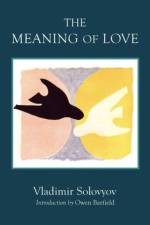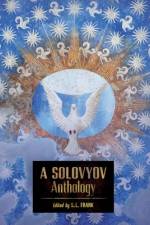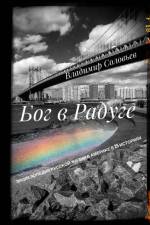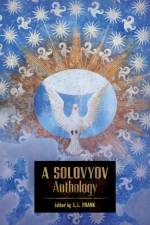- Also Including At the Dawn of Mist-Shrouded Youth
av Vladimir Solovyov
446
This volume contains several late works of Vladimir Solovyov, representing his final speculations about matters crucial to the destiny of humanity and of the world. As Solovyov's life was coming to an end at the close of the 19th century, his thoughts were turned toward three things: the end of the world (the Antichrist), the beauty and wisdom of the world (Sophia), and the nature of God. A completely new translation of the famous "Short Tale About the Antichrist" is presented here, along with revised versions of "At the Dawn of Mist-Shrouded Youth," "Three Meetings," and "The Concept of God." "An indispensable survey of Solovyov's 'late' and most visionary works. Boris Jakim is our most distinguished translator of nineteenth- and twentieth-century Russian religious thought, and this volume is further evidence of the fact."--DAVID BENTLEY HART, author of The Experience of God and Atheist Delusions "A Short Tale About the Antichrist is Vladimir Solovyov's last philosophical work, and to my mind his best. Its combination of profundity and wit is matchless, and its vision of the 21st century begins to have a haunting sense of prophetic truth. With this excellent new translation, combined with revised versions of other late works by Solovyov, Boris Jakim adds new dimensions to the English reader's understanding of one of the major Russian thinkers."--RICHARD PEVEAR, translator of War and Peace and The Brothers Karamazov "This volume brings together some of the last and most significant writings of the nineteenth-century Russian writer who is widely regarded as the greatest of Russian philosophers and religious thinkers--Vladimir Solovyov. The works selected by Boris Jakim for this volume are perfectly chosen to demonstrate both the breadth and the principal concerns of Solovyov's mature thought, reflecting as they do not only his literary genius in poetry, prose fiction, and philosophical essays, but also his life-forming mystical experiences and his fascination with 'Sophia, ' or the feminine principle, in everything from his own biography to the structure of reality. Readers will welcome the scrupulous accuracy of Jakim's translations and their stylistic fidelity to the original Russian."--JAMES P. SCANLAN, Professor Emeritus of Philosophy, Ohio State University









